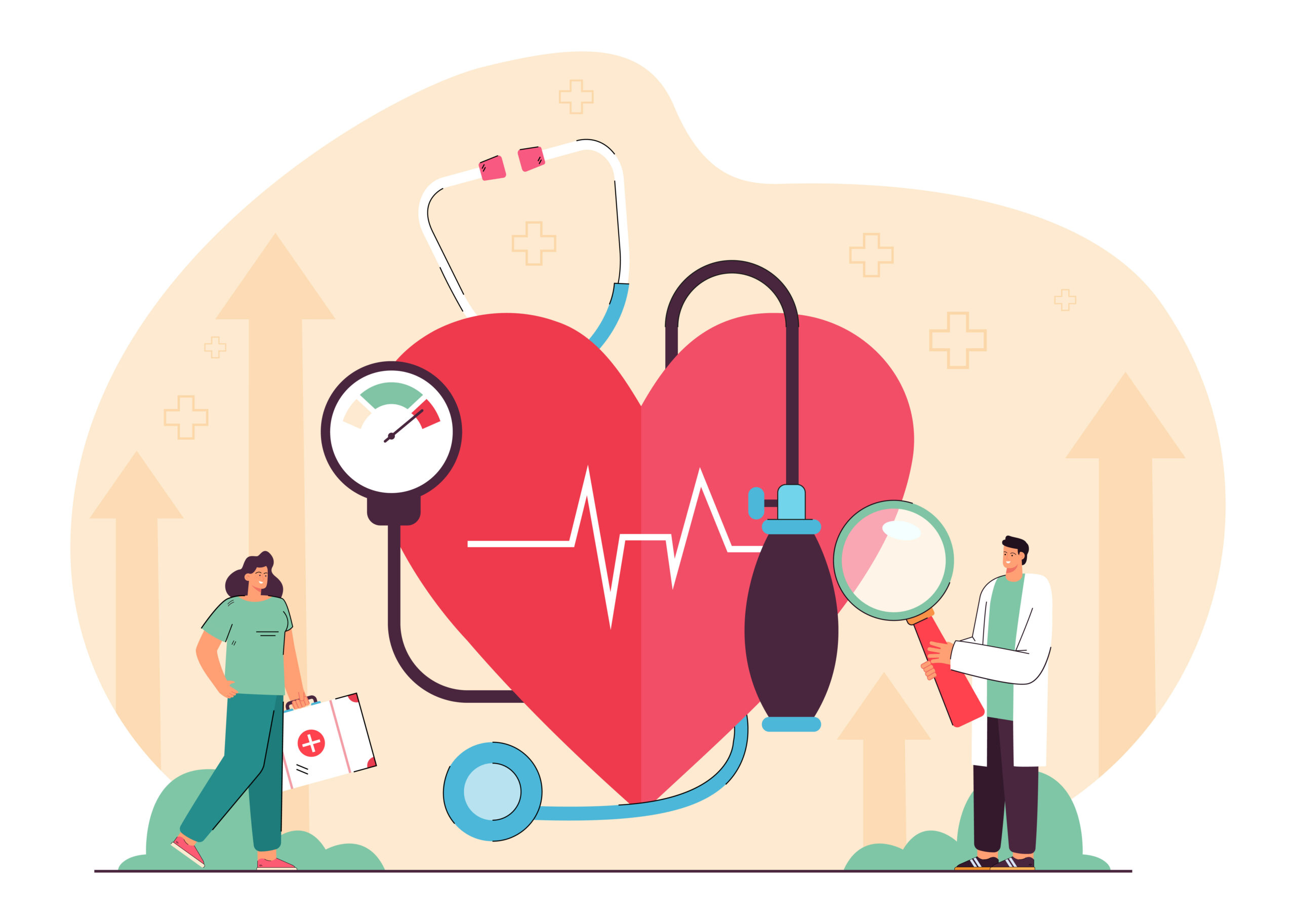When it comes to taking care of our hearts, there is a big divide between what we should do and what we actually do, says Dr. Sanjay Kumar, the best Cardiologist in Faridabad. The 7 risk factors that people can improve through lifestyle changes to help achieve ideal cardiovascular health.
STAYING ACTIVE – physical exercise and activities strengthen your body, mind and reduce your risk for cardiovascular issues. Find exercises and activities you enjoy and can engage with at least 12 times per month and consult with your primary care physician if you are just starting.
EATING HEALTHY – the quality and quantity of the nutrients you put into your body will affect how your body moves, repairs, rests and functions in the long term. Consult with a nutritionist or your primary care physician to optimize your diet and reduce your lifetime risk of cardiovascular issues.
WATCHING YOUR BMI – rather than worrying about weight, have your Body Mass Index (BMI) calculated. The measurements of the BMI will closely approximate the body’s percentage of fat. Ideally, your BMI should below 25 in order to significantly reduce the likelihood of cardiac health issues. If your BMI is 25-29, you are at an average risk for cardiovascular disease and heart failure, and if it is 30 or higher, your risk is elevated into the highest category.
BLOOD PRESSURE – your blood pressure measures your vascular health by testing how hard your heart has to work to push blood through your veins and arteries; the higher the pressure, the greater the risk of damage being caused to your heart and veins (i.e. hypertension).
BLOOD CHOLESTEROL – there are 2 types of cholesterol: low-density lipoprote (LDL) and high-density lipoproteins. Lipoproteins are made of fat on the inside and protein on the outside. These packages are essential for your body to function properly. An unhealthy amount of LDL cholesterol, however, may clog your arteries.
BLOOD SUGAR – knowing your blood sugar is just as important as knowing your blood pressure and cholesterol. The American Diabetes Association states the approximately 86 million American’s are currently prediabetic, a condition that your physician can identify by testing your blood sugar levels. Prediabetes can be managed with diet and exercise to prevent it from becoming full blown diabetes, a condition that raises your risk for heart disease.
TOBACCO USE – smoking damages almost every organ in your body, and the chemicals in tobacco can harm the structure and function of your blood vessels and damage your heart.
| These measures have one unique thing in common: any person can make these changes, the steps are not expensive to take and even modest improvements to your health will make a big difference. Start with one or two. This simple, seven step list has been developed to deliver on the hope we all have-to live a long, productive healthy life. Cardiovascular Health Score is inversely correlated with disease incidence; a higher score is indicative of a healthier heart. Consult Dr. Sanjay Kumar, the best Cardiologist in Faridabad for any queris related to heart problems. |

